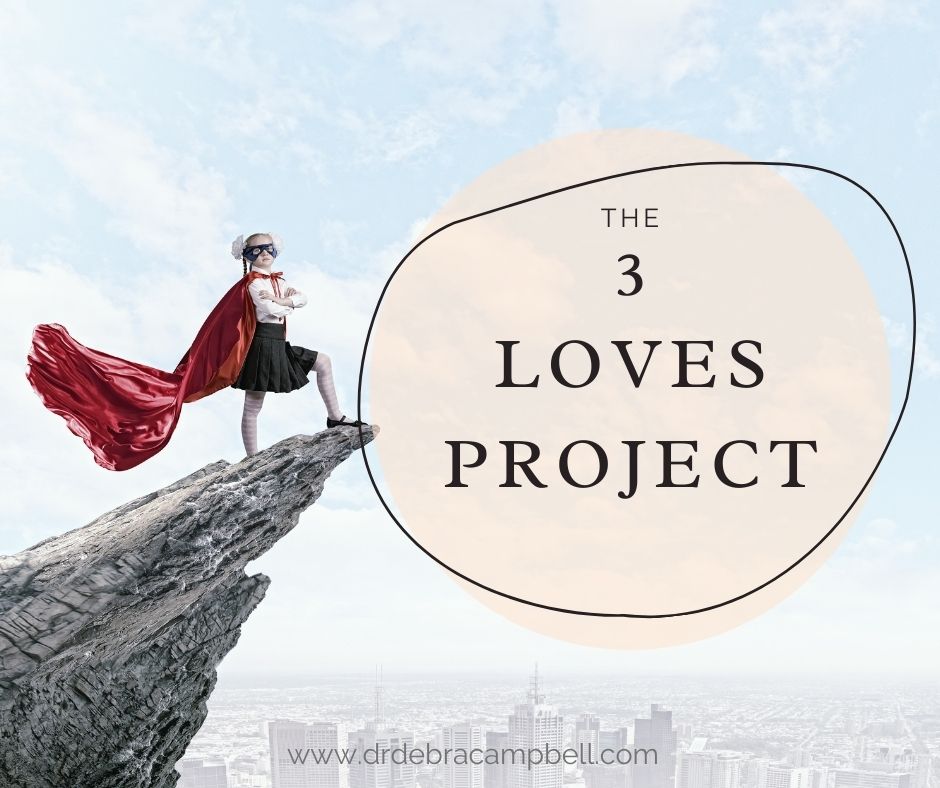Writing isn’t about making money, getting famous, getting dates, getting laid, or making friends. In the end it’s about enriching the lives of those who will read your work, and enriching your own life as well. It’s about getting up, getting well, and getting over. Getting happy, okay? Getting happy.
…this book…is a permission slip: you can, you should, and if you’re brave enough to start, you will. Writing is magic, as much the water of life as any other creative art.
The water is free. So drink. Drink and be filled up.
Stephen King
In 1986 James Pennebaker, a psychology professor in the US conducted a research study where he asked a group of students to write about a difficult or traumatic time in their lives, over a number of sessions. If students cried when they were writing because of distressing memories they could stop, but most decided to continue over the sessions.
He also had a control group write about anything at all, over the same number of sessions.
The results supported writing as therapy.
After 6 months Pennebaker examined the number of medical centre visits for both groups. He found that those who had written about their difficult experiences over multiple sessions had made significantly less medical centre visits than those who had written randomly.
Immunity
He hypothesized that expressive writing may have a supportive effect on the immune system, making people less susceptible to illness and less in need of medical interventions than those who don’t write regularly about their challenges and life stresses. Numerous studies concurred, that this seemed to be the case.
But how did the protective effect of writing happen?
At first it was assumed that catharsis was the reason why expressive writing was correlated with some better health outcomes – people felt better simply because they weren’t holding all their worries inside. While this is likely a factor, Pennebaker found through analyzing the words people used in their expressive writing, that their writing seemed to develop over time, as they felt better.
Perspective and Finding a Place for Emotions
Over the sessions people tended to get a larger perspective on their situation and used a great deal of feeling words – labeling and organizing their inner experiences in words. The act of writing seemed to be an act of mindfulness and sometimes reframing difficult experiences, making them more bearable, or at least more useful for learning.
Pennebaker also hypothesized that putting a narrative around experiences – that is ordering them into a story – helps us to feel more in charge and clearer about what’s going on in our lives. It seems that writing about difficult experiences is powerful in helping us to name and therefore soothe our emotions.
Writing helps us to organize our thoughts into a more conscious and coherent structure or form.
Rather than swirling half-heard wisps of feeling, or ideas that haven’t been pinned down and really looked into, writing out a stream of consciousness, feelings or thoughts, focuses your attention. It helps you get clearer, to sort the good bits from the unhelpful fluff, and to to remember those good bits.
Anxiety
Writing can slow down rumination, that turning of thoughts over endlessly in your head, because you’ve gotten them out into a safe and private place in your journal or on a device, and now you can let them be, without losing them. It can be a place to put inner stuff, with the focus of getting it out of you and onto the page where some distance and a different, new perspective can potentially arise for you. That tends to have a lowering effect on anxiety and lessens the replaying of thoughts and events repeatedly in your mind..
Sleep
If you have trouble getting to sleep or staying asleep, one of the best strategies is a night-time purge of all your inner machinations. By putting what’s on your mind down on paper you get to rest easier, knowing it won’t go anywhere and you can pick it all up, if you wish, at a time when you feel fresher.
Distance and Clarity
It’s sometimes hard to see the forest for the trees. Journalling can be like coming out into a clearing, then looking back, finding you can now see the shape and patterns of the forest of your thoughts and feelings, a lot more clearly.
Some main types of writing as therapy you can try are:
Free-flowing stream of consciousness journalling, daily or so, to see what comes out for you, what’s top of mind and what keeps coming up for your attention.
Point or bullet form journalling – where you just write a brief phase per line, like a list, but focused on thoughts, feelings and reactions as well as what occurred in your day.
A one sentence per day journal – self-explanatory really – giving a theme to each day’s internal experiences. Can be difficult if there were a lot of different things!
Or you can use journalling prompts and narrative therapy exercises to guide your writing some days. I’ll focus on some of those in my next post.
Going Deeper
If you’d like to read more from me on love, self-care, healing and creating the relationship you desire, check out my book Lovelands.





